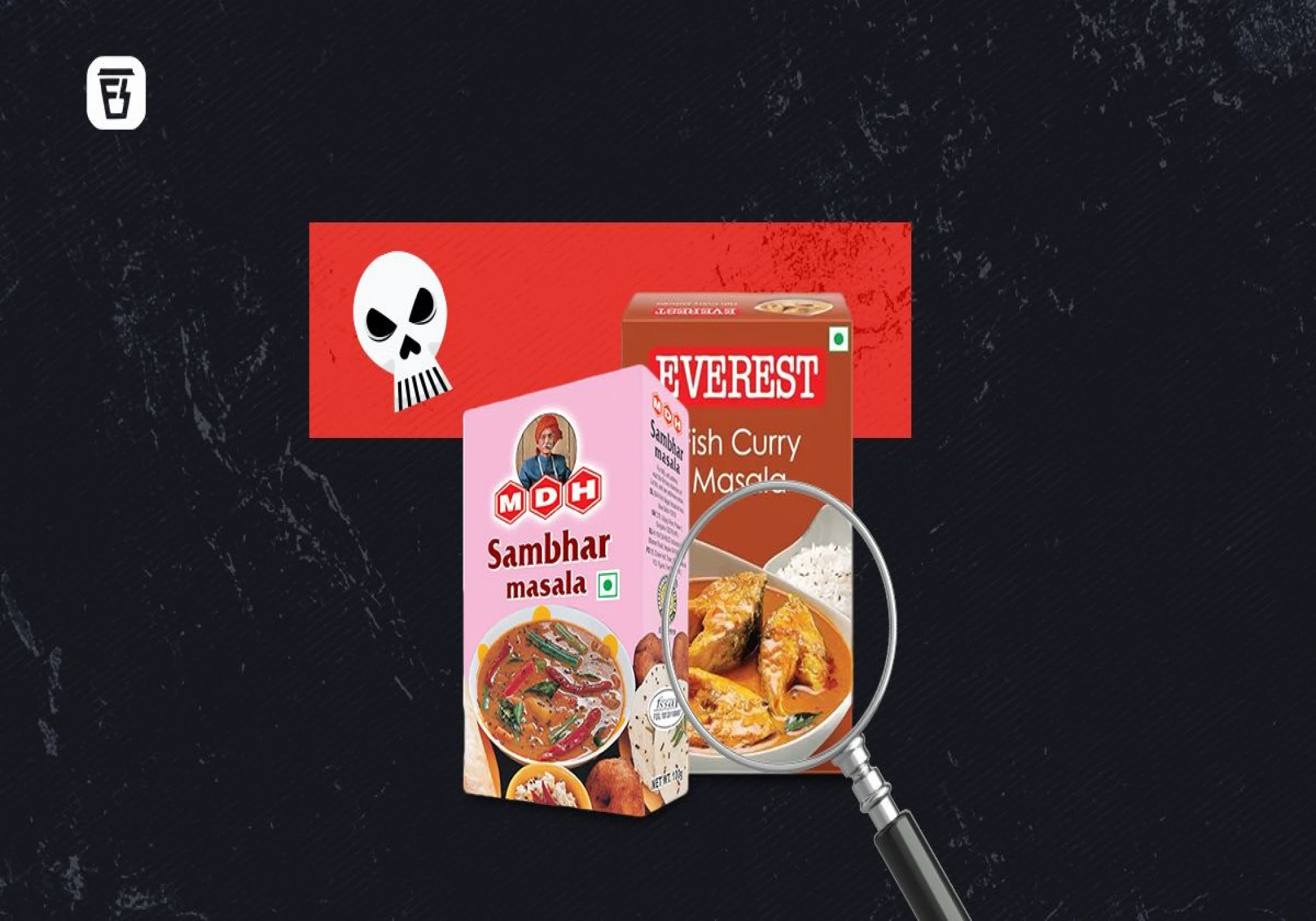
Indian consumers can breathe a sigh of relief. The Food Safety and Standards Authority of India (FSSAI) has cleared MDH and Everest spices of ethylene oxide contamination, following concerns raised by Singapore, Hong Kong, and other countries.
The FSSAI swung into action after these countries banned certain MDH and Everest spice mixes due to the presence of ethylene oxide exceeding permissible limits. The banned products included MDH Madras Curry Powder, MDH Sambhar Masala Mixed Masala Powder, MDH Curry Powder Mixed Masala Powder, and Everest Fish Curry Masala.
Following these bans, Nepal and the Maldives also took similar steps, raising worries about the safety of these popular spice brands in India. Australia's food safety agency also expressed concerns, prompting investigations.
The FSSAI responded swiftly, launching a pan-India drive in April 2024. Commissioners of food safety in states and union territories, along with FSSAI regional directors, participated in the initiative.
Extensive Investigations and Sample Testing
The FSSAI conducted extensive investigations at spice manufacturing units across the country. They also collected and tested samples of ready-to-sell and distribute spice products from the domestic market.
Samples from Everest's two manufacturing facilities and 25 samples from MDH's 11 manufacturing units were meticulously analyzed. These tests checked for compliance with various safety and quality parameters, including residues and ethylene oxide. Importantly, FSSAI utilized NABL-accredited laboratories for these analyses.
Clean Bill of Health for All Brands Tested
The good news is that the FSSAI tests found no traces of ethylene oxide in MDH and Everest spice samples. Furthermore, over 300 spice samples from other brands were also examined, and none of them showed any presence of ethylene oxide.
This is a significant development for Indian consumers who rely on MDH and Everest spices for their daily cooking. The FSSAI's swift action and comprehensive testing have helped to restore confidence in the safety of these popular brands.
Spice Board Issues Guidelines for Exporters
While the FSSAI results are positive for domestic consumers, the issue of ethylene oxide in spices used for export remains. The Spice Board has issued guidelines to spice exporters regarding the use of ethylene oxide as a fumigant for sterilization. These guidelines aim to ensure that exported spices comply with the standards set by importing countries.
The Importance of Food Safety Regulations
The recent ethylene oxide scare highlights the importance of robust food safety regulations and enforcement mechanisms. The FSSAI's prompt action in this case is a commendable example of how such regulations can protect consumers from potential health risks.
Consumers can also play a role in food safety by being aware of potential hazards and purchasing spices from reputable brands. Looking for FSSAI certification on spice packaging can be a helpful indicator of safety standards.
The Bottom Line
The FSSAI's all-clear for MDH and Everest spices is positive news for Indian consumers. However, continued vigilance and adherence to food safety regulations are essential to ensure the safety of our food supply.












